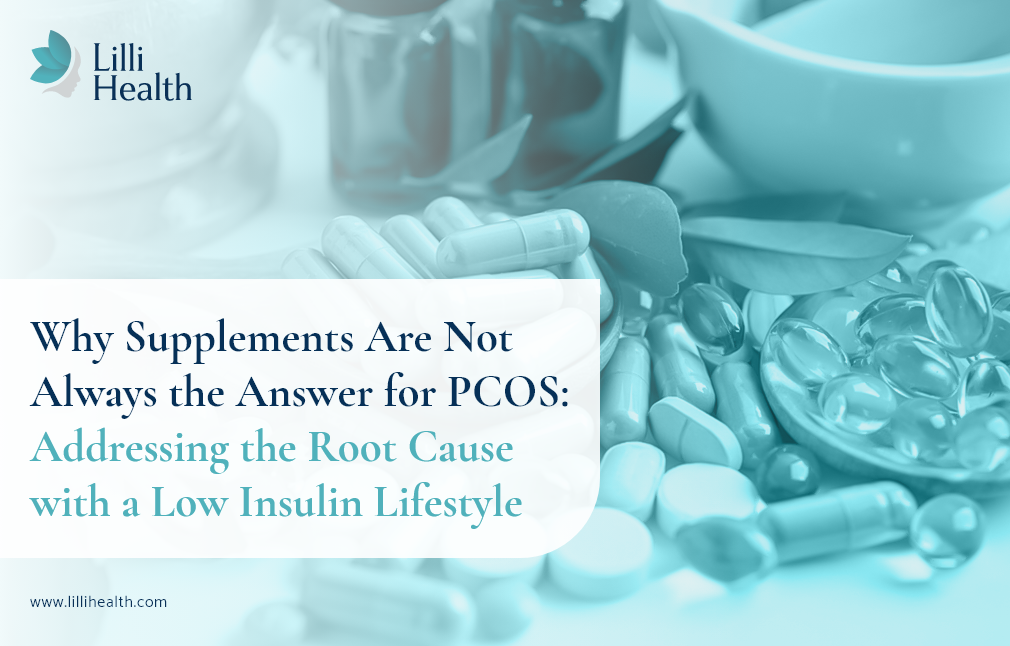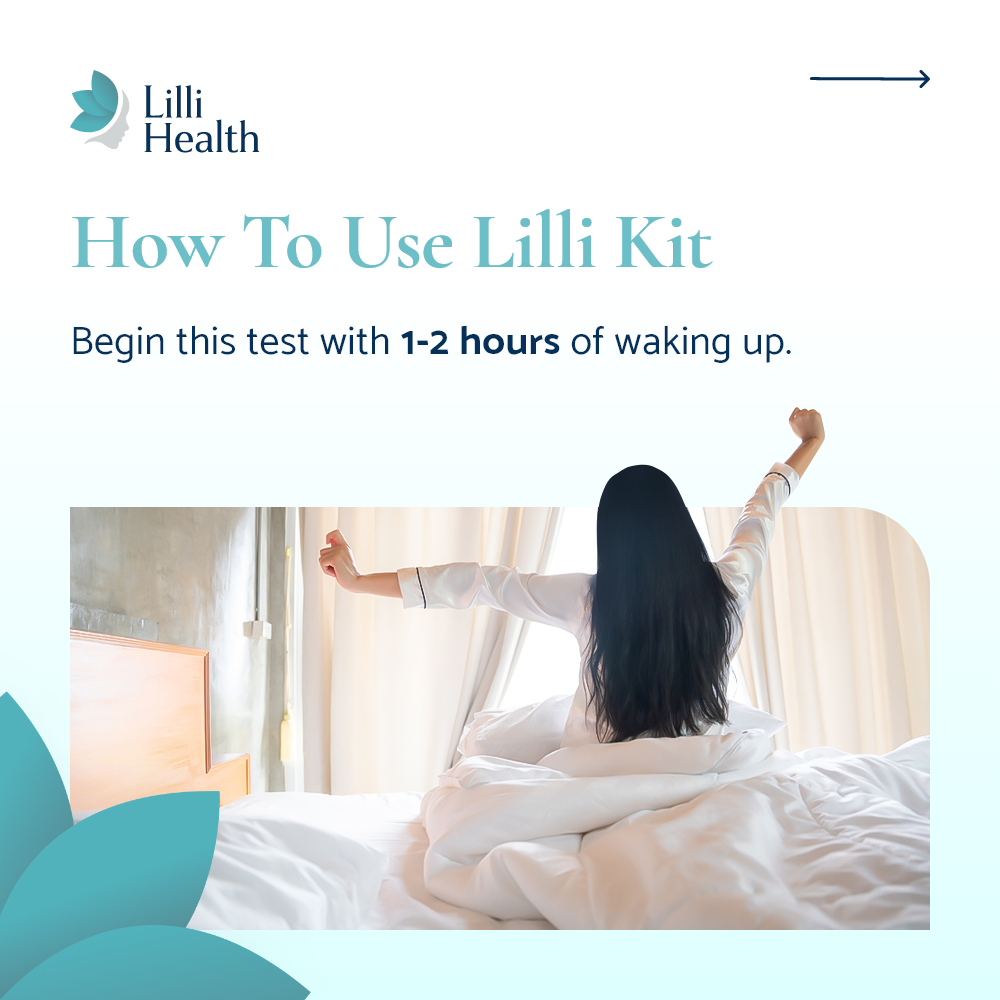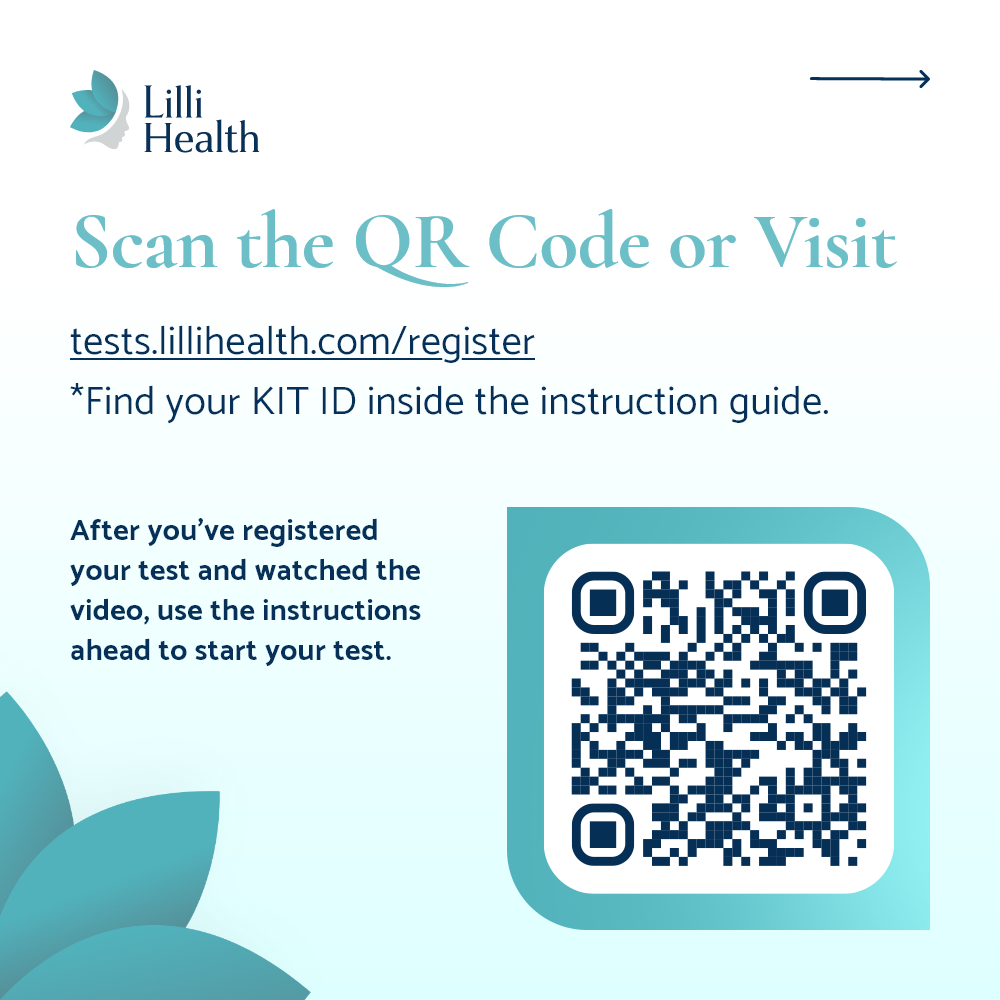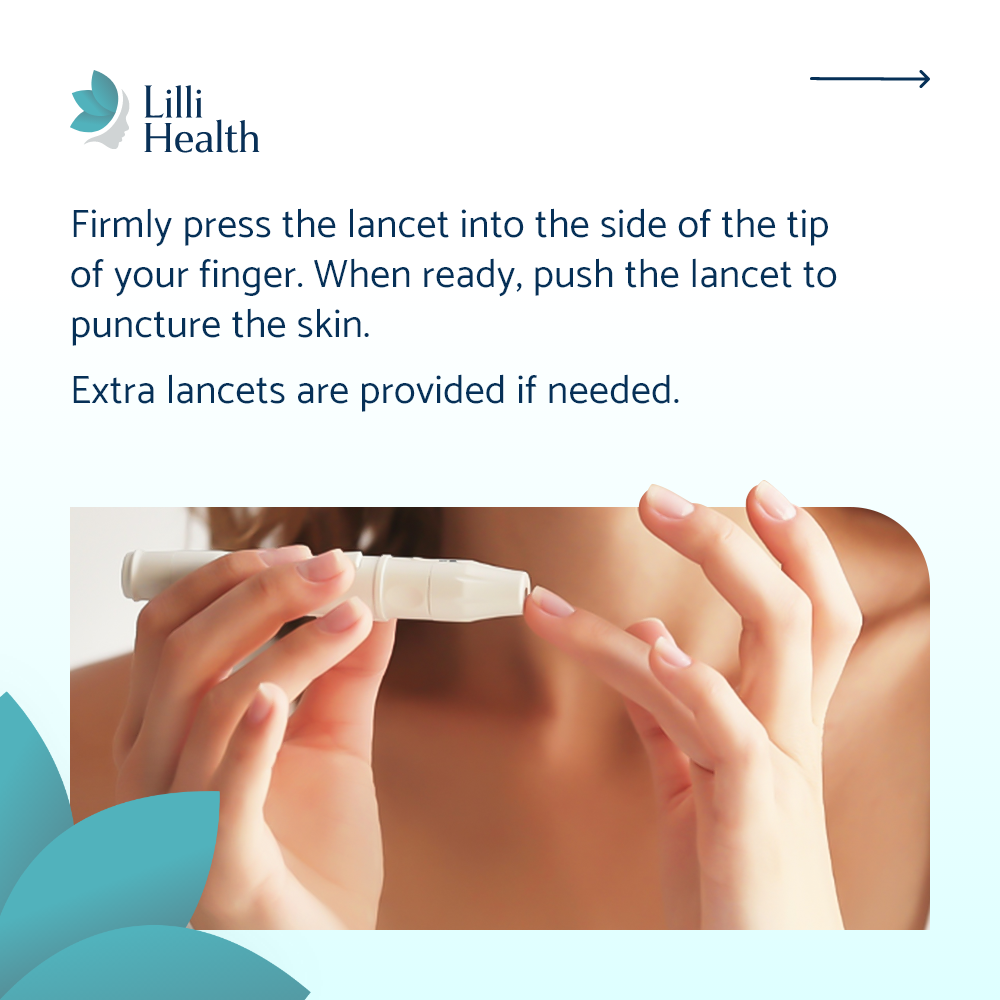

The Sustainable Choice: Low Insulin Lifestyle vs. Ozempic (GLP-1 Agonists)
A growing number of people are realizing the importance of addressing insulin resistance and lowering insulin levels to improve their overall health. One evidence-based approach involves embracing a low insulin lifestyle, which revolves around making dietary and lifestyle changes to lower insulin levels and reverse insulin resistance.
Alternatively, some individuals consider using GLP-1 agonists like Ozempic. While these medications can be effective in specific situations, we’ll explore why opting for a low insulin lifestyle may offer many a more sustainable and comprehensive solution.
The Rise of Insulin Resistance and Its Consequences
Insulin is a hormone produced by the pancreas that plays a critical role in regulating blood sugar levels and energy metabolism. However, in individuals with insulin resistance, the body’s cells become less responsive to insulin signals, leading to increased insulin secretion. This condition is a key driver of obesity, type 2 diabetes, and other metabolic disorders.
GLP-1 Agonists: A Medication Approach to Insulin Management
GLP-1 agonists, such as Ozempic, are a class of medications designed to improve blood sugar control and aid weight loss in people with type 2 diabetes. They work by mimicking the effects of glucagon-like peptide-1 (GLP-1), a hormone that enhances insulin action and reduces appetite.
While GLP-1 agonists can be effective in reducing blood sugar levels and promoting weight loss, they come with certain limitations:
- Weight Regain: One of the significant challenges with GLP-1 agonists is the potential for weight regain once the medication is discontinued. This phenomenon underscores the importance of a long-term, sustainable strategy to maintain weight loss and metabolic improvements.
- Side Effects: GLP-1 agonists can have side effects, including nausea, vomiting, and gastrointestinal discomfort. Not everyone can tolerate these medications well.
- Cost: Medications like Ozempic can be expensive, potentially leading to financial burdens over time.
While GLP-1 agonists can be a useful tool in the toolbelt, they aren’t necessary for everyone. There are other evidence-based approaches that can be used in conjunction with or in place of medication.
Low Insulin Lifestyle: A Sustainable Approach
A low insulin lifestyle is an evidence-based approach to lowering insulin levels that focuses on addressing the root causes of insulin resistance through dietary and lifestyle changes. Here’s why it can be a more sustainable choice:
- Empowers Lifestyle Modifications: Choosing a low insulin lifestyle empowers individuals to make lasting changes in their eating habits and physical activity. These lifestyle changes can lead to improved insulin sensitivity, weight loss, and better metabolic health over the long term.
- Addresses the Underlying Issue: Rather than relying solely on medication to manage symptoms, a low-insulin lifestyle tackles the underlying problem of insulin resistance. Avoiding foods that spike insulin levels can help reverse insulin resistance and facilitate weight loss.
- Prevents Weight Regain: Insulin and weight management is often a double-edged sword. Unlike some medications, like Ozempic, adopting a low insulin lifestyle doesn’t lead to the same risk of weight regain.
- Cost-Effective: A low insulin lifestyle can be cost-effective, as it doesn’t rely on expensive medications. It focuses on accessible, whole foods that are often more budget-friendly than prescription drugs.
By opting for natural insulin reduction strategies, like following a low insulin lifestyle, individuals looking to manage insulin resistance and PCOS can do so sustainably, effectively, and affordably!
Diet and Insulin Management: What Does the Research Say?
Both a low insulin lifestyle and GLP-1 agonists have been well-researched in randomized controlled trials. If you compare the results from trials using a low-insulin lifestyle to those using Ozempic, a low-insulin lifestyle is far more successful and more likely to lead to long-term weight maintenance.
- In Ozempic clinical trials, patients lost, on average, 15 lbs. in 3 months, a 5.9% reduction in total weight. After 1 year, patients on Ozempic had an average weight loss of 33 lbs.
- In my trial, patients lost on average 19 lbs. in 2 months, which was an 8.5% reduction in total weight. Not to mention, patients in my trial experienced no adverse gastrointestinal side effects, unlike Ozempic side effects.
If you and your healthcare provider decide that Ozempic is right for you, you will likely have far better results if you couple it with a low insulin lifestyle, especially to help you keep off the weight when you stop taking the medication.
Final Thoughts: Low Insulin Lifestyle vs Medication for Diabetes
While GLP-1 agonists like Ozempic have a place in managing obesity and type 2 diabetes, they may not provide a long-term solution on their own. The sustainable approach lies in adopting a lifestyle that can help lower and maintain lower insulin levels – a low insulin lifestyle.
This approach empowers individuals to address the root causes of insulin resistance, maintain weight loss, and achieve better metabolic health naturally. If you choose to use GLP-1 agonists, pairing them with a low insulin lifestyle can enhance their effectiveness and potentially help prevent weight regain. Ultimately, the choice between medication and lifestyle should be made with careful consideration, in consultation with a healthcare professional, to ensure the best path to long-term health and well-being.
The Cornerstone of Lilli Health: A Low Insulin Lifestyle
We at Lilli Health are passionate about educating individuals about the consequences of chronically high insulin levels and insulin resistance. By providing comprehensive, evidence-based resources, tools, and support, we aim to dispel misinformation and help millions of individuals regain control of their health and achieve lasting wellness.
Subscribe to our newsletter to join our community and stay updated with company news, low-insulin lifestyle diet tips, empowering resources, and more!

































